There are few places that can embody the breadth of Pennsylvania’s narrative like Fort Halifax Park in Dauphin County.
The Friends of Fort Halifax Park (FoFHP) are the recipients of one of the PA SHPO’s 2021 Community Initiative Awards for their efforts that led to the discovery of the site of Fort Halifax during last summer’s archaeological investigation.
I had a chance to visit Fort Halifax Park and talk with the Friends of Fort Halifax Park (FoFHP) for this post. It was evident that the Park’s landscape is a physical representation of the many cultures and transformative revolutions of Pennsylvania’s past. Thousands of years of stories can be interpreted from this property.
This fertile river land used by indigenous cultures was then the site of Fort Halifax, the Wisconisco Canal, and the Northern Central Railroad – all while being continuously farmed for over two centuries. There is a reason why the Friends of Fort Halifax Park are deeply passionate about this beautiful landscape which has yet to divulge all its stories. This is a place of discovery.
Founded in 2007, the Friends of Fort Halifax Park have been collaborating to preserve the site for its cultural, environmental, and recreational value. FoFHP have developed a partnership within the region and local community, which has rallied around the preservation of the site of the historic 18th century fort and its surrounding farm and forests.
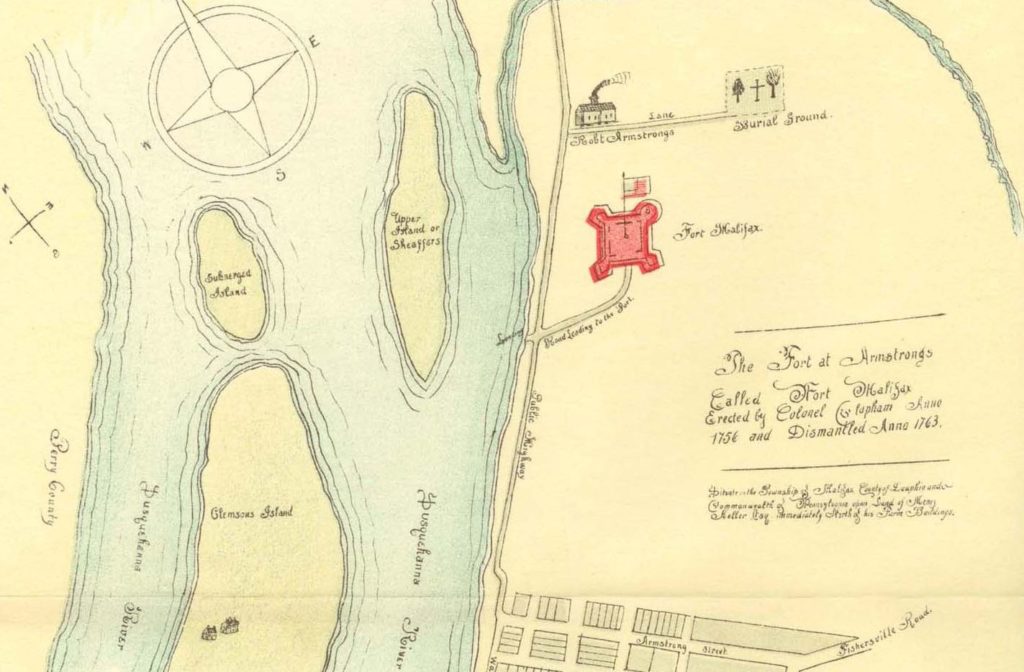
New data and information found at the park has provided insight into understanding culture and life in 18th century Pennsylvania, but arguably more important, these discoveries have rallied a community around their collective heritage. The 2021 Fort Halifax Rediscovery Project was an organized effort to identify the site of the 1756 military post. The mantra “Find the Fort” in a moment of eureka was changed to “Found the Fort” with help from the Juniata College Cultural Resources Institute and Dr. Jonathan Burns.
Can you tell us a little bit about your organization?
Efforts to preserve the site began around 2002 when the Yeager family had a desire to preserve their historic farm. The property was sold to Central Pennsylvania Conservancy in 2006 where they were successful in placing a conservation easement on the property. Shortly thereafter the Yeager farm was conveyed to Halifax Township in 2006.
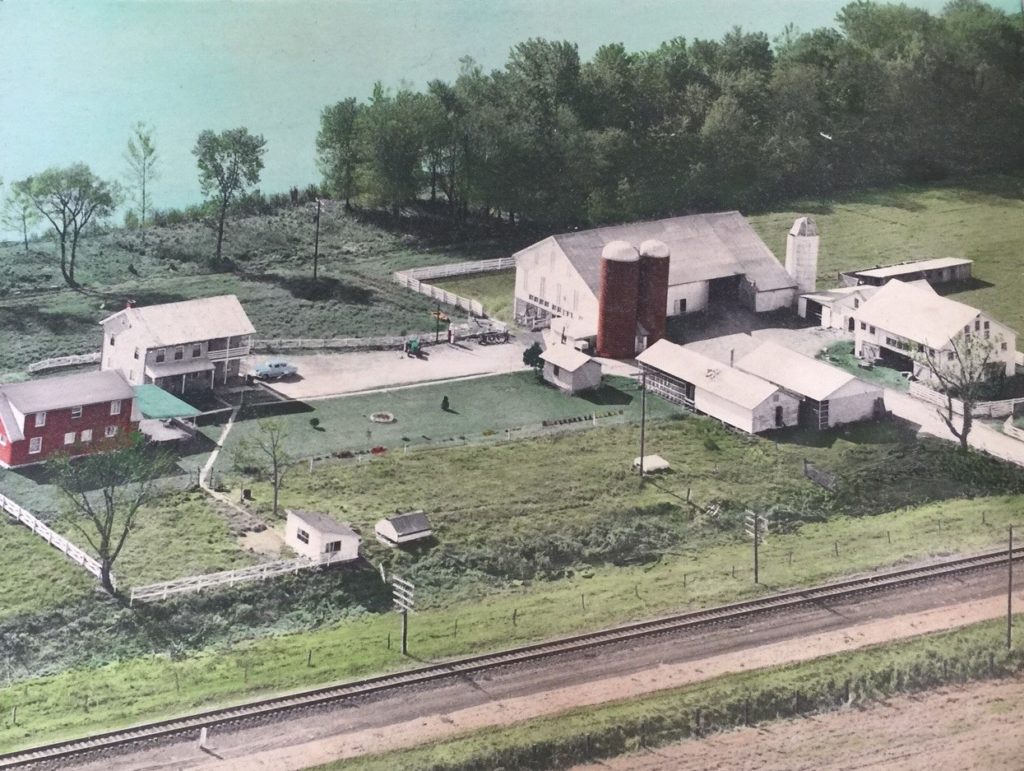
Our organization was formalized as a non-profit in this period to advocate for the preservation and public enjoyment of the site. Our goal is to preserve the land, its buildings, and the fort while educating the public about its history and environmental resources. We welcome everyone to discover Fort Halifax.
There were many exciting finds during the archaeological investigations in the summer of 2021. In your mind, what was the most exciting discovery?
The most exciting find of the Fort Halifax Rediscovery Project was finding the footprint of the Fort. It was that moment where all the hard work and perseverance was realized. Confirming the location of Fort Halifax was an experience that everyone involved will never forget. The discovery of artifacts including a coin dated from 1655, pipe stems, gun flint, and other military pieces are direct evidence of activity associated with the Fort.
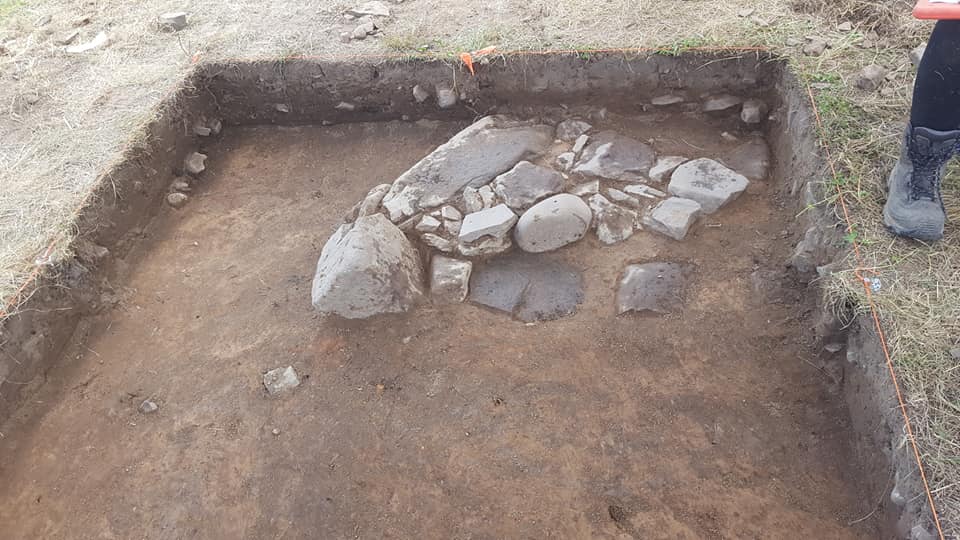
Are the Friends of Fort Halifax Park planning any further interpretation of what was discovered from the archaeological investigations?
We hope to develop interpretive signage and other educational programs in the future once our funding and capacity can do so. Every year we provide educational programs interpreting the site and its history during the Colonial Fort Halifax Festival and the annual banquet fundraiser.
During these events we work to engage the public by developing new programs based on new information of the site. In the future we hope to accurately interpret the other aspects of the Park’s history and recognizing the site and the relationship that indigenous people had with this land.
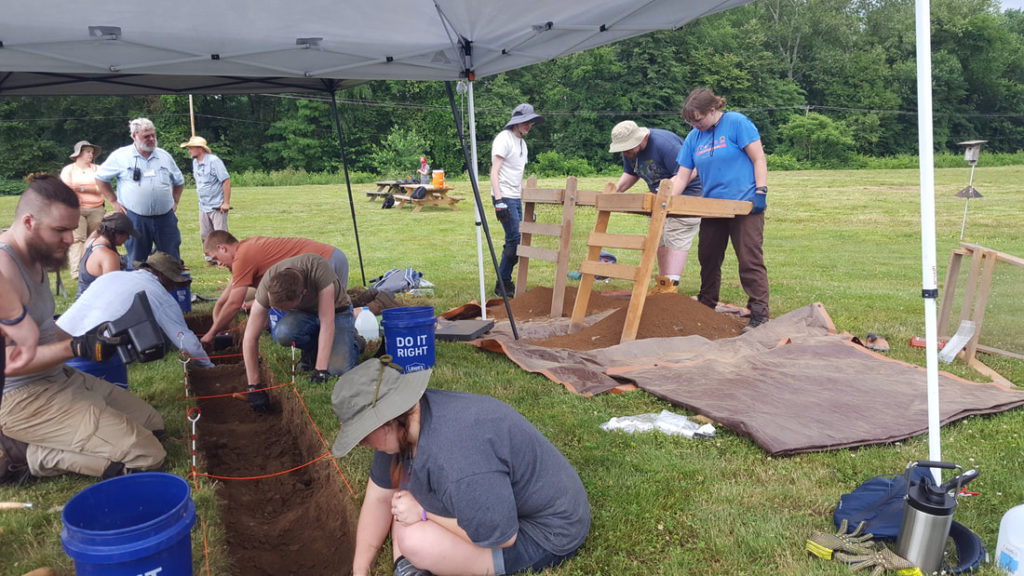
What part of the project was the most meaningful to you, and why?
When the archaeological field school last year began work it was deeply meaningful to see the passion of the students and volunteers, their comradery, and work ethic to find the Fort. This collective goal to rediscover the Fort was inspiring.
Meanwhile, the community stepped in and assisted us with providing meals for the students and staff. The community’s involvement in the project was a special feeling. A special place like Fort Halifax Park can unite a community.
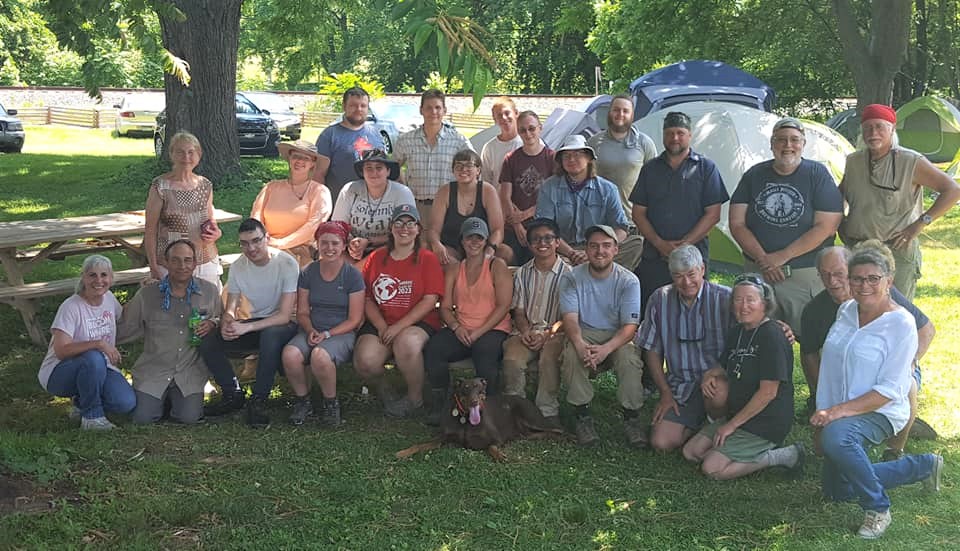
What would you like to share with local leaders or municipalities who may have the opportunity to conduct an archaeological investigation in their communities?
If there is an archaeological investigation in your community it is important to make connections and work closely with the community, experienced archaeologists, and local institutions. The spirit of collaboration will ensure that the project is successful and respectful. A project of this scale and importance cannot be done alone.
In addition to the archaeological investigations last year, the Success Story submission for Fort Halifax also talks about your efforts to preserve buildings within the park. It sounds like you’ve been able to make some progress. What is your vision for these buildings and why are they important?
We have a vision that the historic buildings at Fort Halifax Park are adaptively reused to benefit the region as an event venue, a welcome center, museum, and library, and perform as an educational discovery center. In addition to the Park’s historic features, it is an ideal place to discover nature, agriculture, and gardening.
These buildings can serve as multi-functional assets. The relationship of the historic barn and house to the river allow for many functions as recreational facilities as well. If appropriately adapted for new uses as an event venue the site would generate sufficient revenue to cover the costs of its operation. Fort Halifax Park is a regional asset waiting to be realized and discovered.
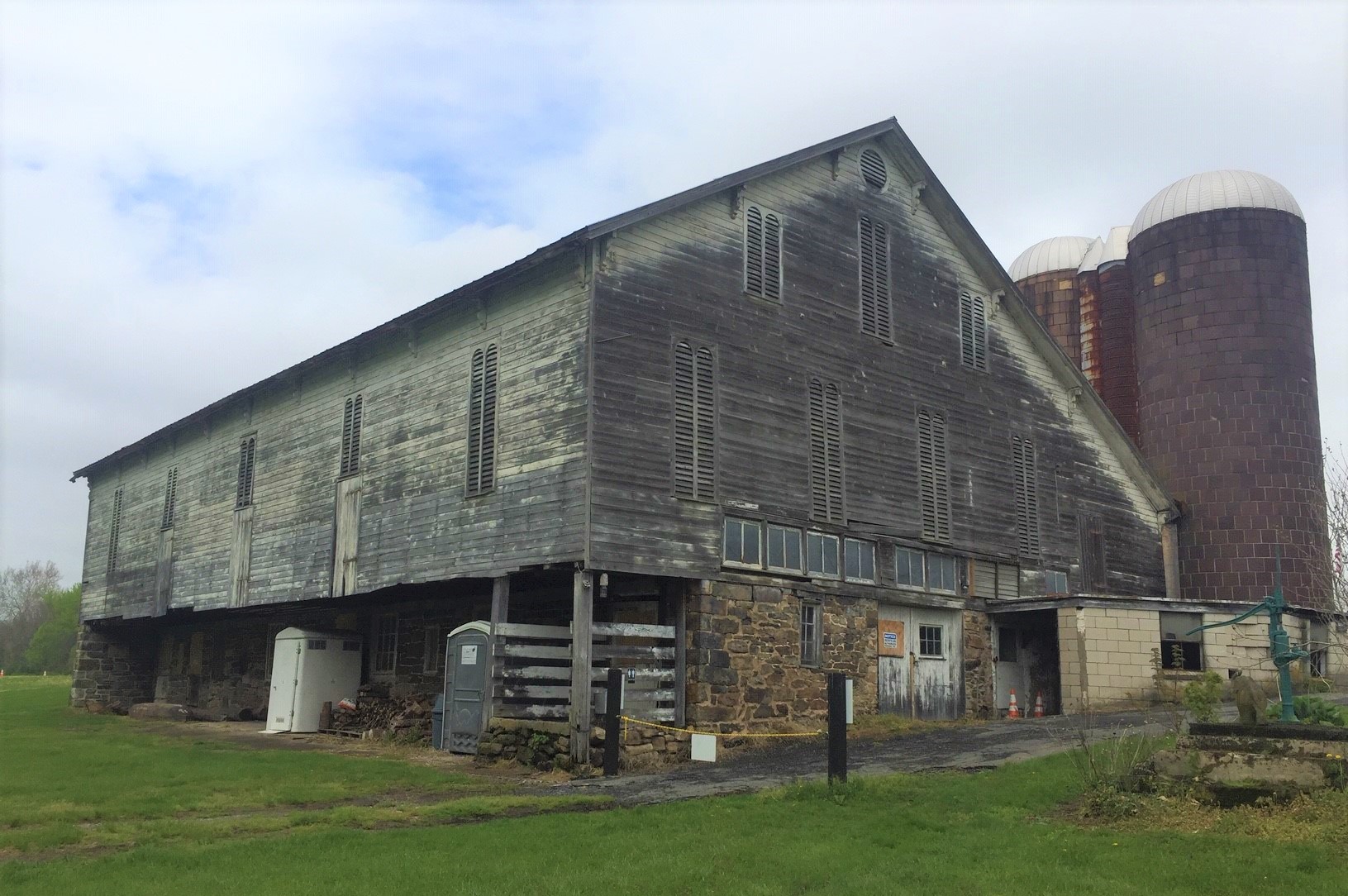
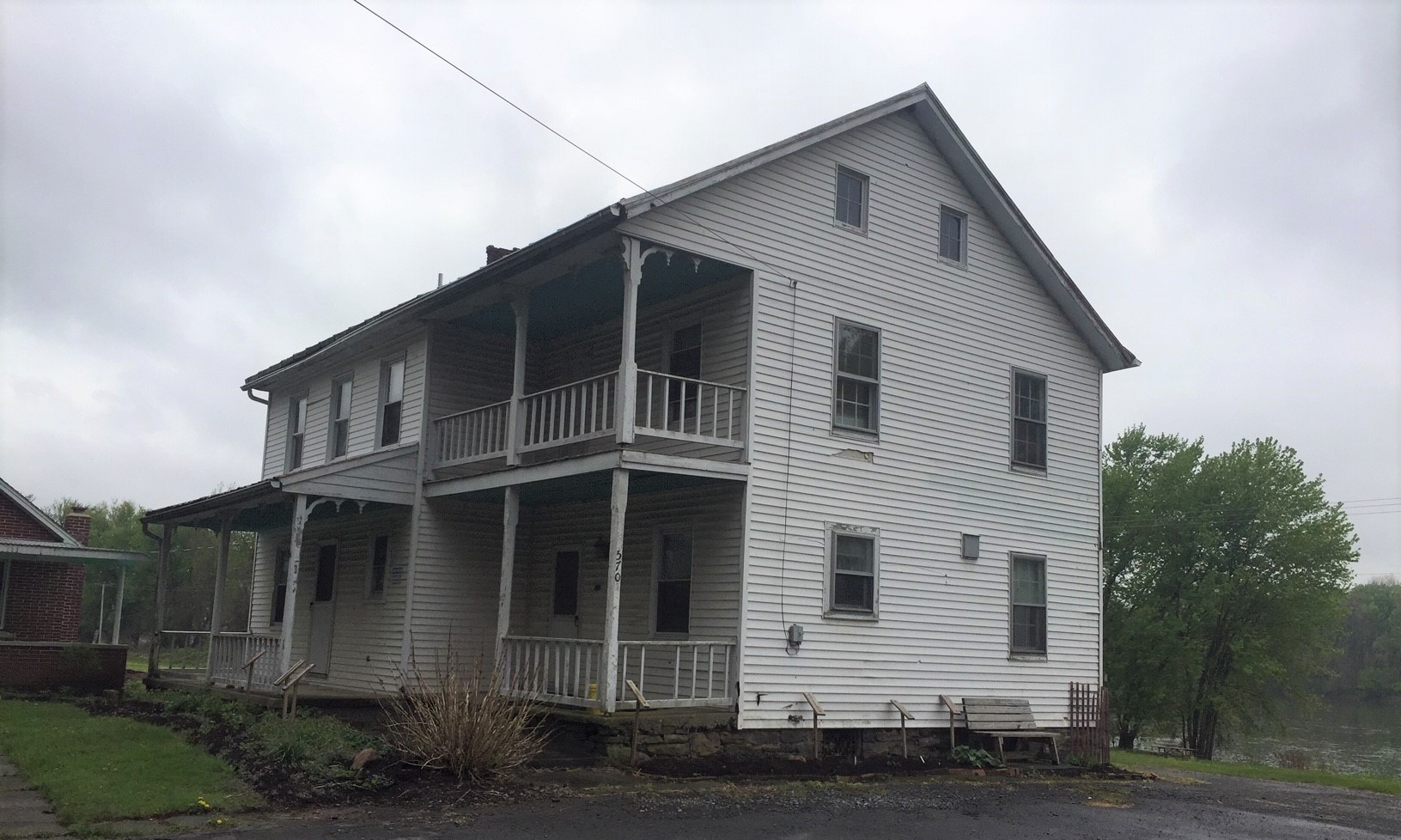
Are there other organizations, people, or companies you’d like to acknowledge for their contributions to the project?
There are many organizations and people that we would like to acknowledge for their contributions and assistance to the ongoing preservation of the site, its adaptive reuse efforts, and the Rediscovery project.
We would like to thank the Central Pennsylvania Conservancy, the Pennsylvania Historical and Museum Commission, Preservation PA, the Department of Conservation and Natural Resources, the PA Barn & Farm Foundation, and Village Restorations, LLC for their ongoing partnerships in working to preserve the site.
We would also like to thank Joe Baker, Juniata College and Dr. Burns, The National Trust for Historic Preservation, The Stabler Foundation, the Halifax Township Board of Supervisors, and our community for their support and giving us the opportunities to rediscover the elusive Fort Halifax.
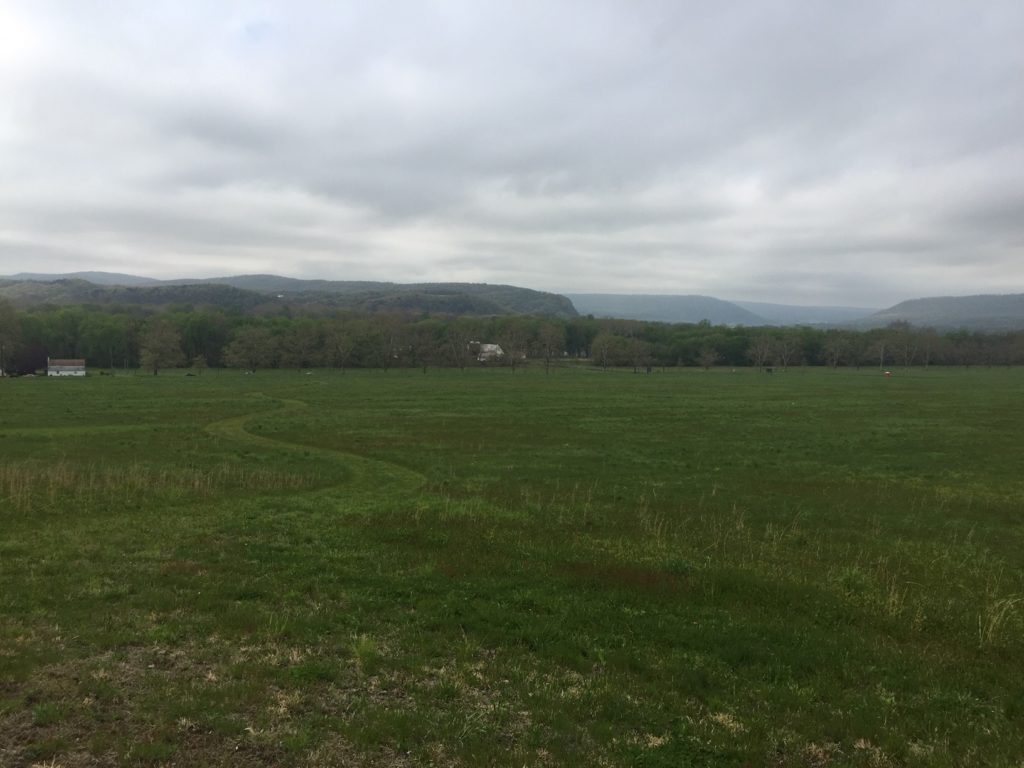
Interested in Visiting?
Fort Halifax Park is open daily from dusk to dawn and is located just north of the Borough of Halifax. Please visit the Friends of Fort Halifax Park website for additional information and to learn more about the park and the ongoing effort to preserve it for future generations.
Comment Policy
PHMC welcomes and encourages topic-related comments on this blog. PHMC reserves the right to remove comments that in PHMC’s discretion do not follow participation guidelines.
Commenters and Comments shall be related to the blog post topic and respectful of others who use this site.
Commenters and Comments shall not: use language that is offensive, inflammatory or provocative (this includes, but is not limited to, using profanity, obscene, or vulgar comments); disparage other commenters or people; condone illegal activity; identify the location of known or suspected archeological sites; post personal information in comments such as addresses, phone numbers, e-mail addresses or other contact details, which may relate to you or other individuals; impersonate or falsely claim to represent a person or an organization; make any commercial endorsement or promotion of any product, service or publication.
If you would like to comment on other topics not related to this blog post but related to PHMC, please fill out the PHMC Contact Us Form.
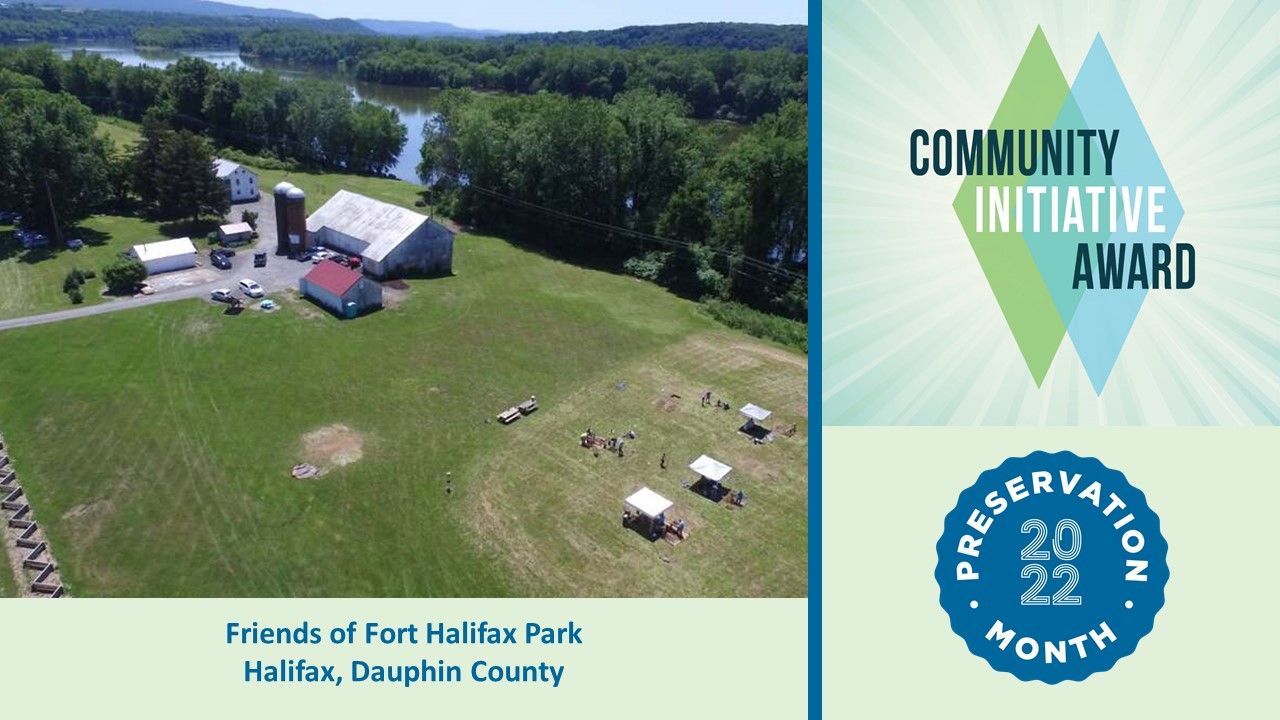
Very informative article about local history. We will be sure to visit the site. Thank you for sharing your knowledge of Fort Halifax.